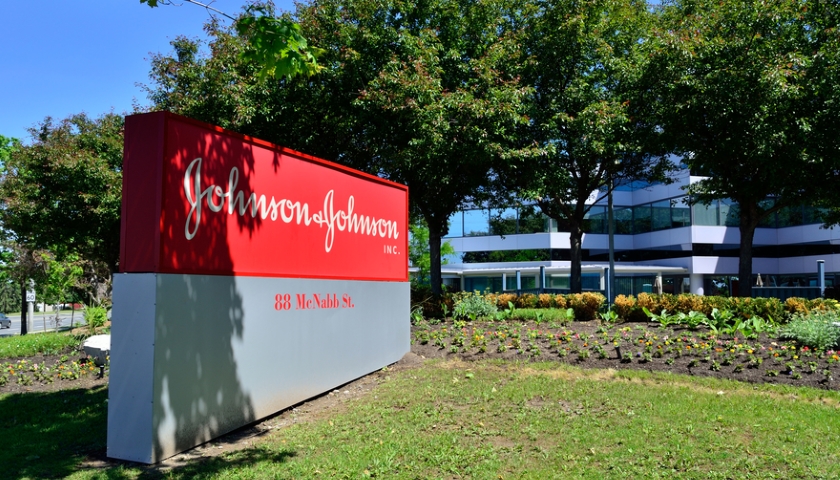Litigation-weary J&J pulls Baby Powder talc in North America

Johnson and Johnson has opted to withdraw one its iconic products – talc-based Baby Powder – from sale in the US and Canada.
The company’s consumer health unit said the decision was a result of declining demand for the product in those markets, but it comes against a backdrop of thousands of lawsuits filed by people who claim use of the talc products contain asbestos and can cause cancer.
A corn starch version of Baby Powder will remain available in North America, and both versions will still be sold elsewhere in the world "where the is significantly higher demand for the product", according to J&J.
The talc product will be wound down over the coming months in the US and Canada as inventory runs out. It’s worth noting J&J’s talc supplier – Imerys Talc America – filed for bankruptcy protection last year.
In a statement, J&J said Baby Powder was one of 100 products it had decided to discontinue after a review of its product range sparked by the coronavirus pandemic.
The Baby Powder decision was linked to "changes in consumer habits and fuelled by misinformation around the safety of the product and a constant barrage of litigation advertising."
In the latest example, the jury in a New Jersey trial awarded $750 million in punitive damages against J&J, although that was immediately slashed to $187 million by the judge as that was the maximum penalty allowed under state law.
Earlier in the trial, the judge awarded $37 million in compensation to four plaintiffs, who claim they developed cancer after using J&J talc products. All told, there are estimated to be more than 19,000 lawsuits claiming injury caused by J&J’s talc products.
"Decades of scientific studies by medical experts around the world support the safety of our product," insists the company.
"We will continue to vigorously defend the product, its safety, and the unfounded allegations against it and the company in the courtroom," it goes on, claiming that all verdicts against it that have been through the appeals process have been overturned.
The company has also been at odds with the FDA over the asbestos question. Last year, it recalled 33,000 bottles of Baby Powder after the regulator said it had found tiny amounts of asbestos in samples taken from a bottle purchased online.
After conducting its own studies, the company refuted the FDA’s findings, saying that two independent labs were unable to reproduce the results and that the asbestos readout likely came from environmental contamination or an error in the analysis.
The FDA reiterated its position and argued that different results from the same sample could occur because asbestos fibres may not be dispersed uniformly through the powder.
J&J has meanwhile also been fighting a running battle with news agency Reuters, which published an investigative report in 2018 which claimed that J&J was aware of asbestos in its Baby Powder for years, and kept that information from regulators and the public.











